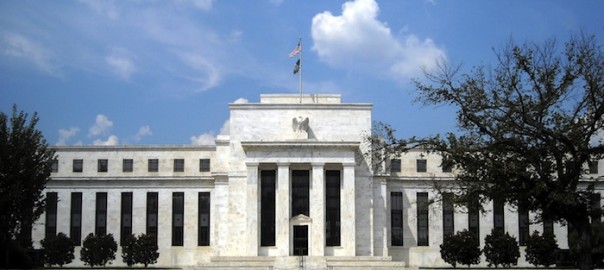On December 11, the UN Climate Change conference in Paris (called COP-21) will be wrapping up, and the headlines will announce if the negotiators were able to agree to save the Earth or not. Todd Stern, the U.S. State Department’s Special Envoy for Climate Change, will be leading the U.S. delegation at COP-21. At the photo op at the end of the conference, Secretary of State John Kerry will surely be in the front row. If there is a problem and the conference looks like it might fail, President Obama may fly in at the last minute as he did in 2009 in Copenhagen to try to save the talks. But who else will be part of the delegation, and are they the right people?
COP-21 is not just another regular meeting of diplomats, and climate change is not just another environmental issue. For a real outcome to occur, the delegates need to be talking about a major change to the global economy: a limit on fossil fuel input. It is highly doubtful that a few dozen mid-level staff from the EPA and State Department will be able to talk in terms of “leaving fossil fuels in the ground,” or implementing a global cap on carbon emissions, and returning carbon pricing revenues back to people. Even if they were empowered by Secretary Kerry to do so, would anyone take them seriously, given the current state of Congress? No. The only way to get that type of conversation taken seriously is to add a few key people to Todd Stern’s entourage, starting with Federal Reserve Chair Janet Yellen and President Obama’s Economic Advisers.
Chair Yellen would be a revolutionary addition to the U.S. climate delegation, and would send an immediate message that the U.S. understands the economic implications of serious climate action. Central bankers don’t typically attend environmental conferences. But that’s the point: behind all the green hype, COP-21 is really an economic conference. Yellen’s attendance would highlight the need for the creation of powerful fiscal and monetary instruments to protect the economy and create economic incentives for a low-carbon transition in the new fossil fuel-limited world. Stock markets would immediately begin incorporating fossil fuel limitations into their valuations, and perhaps deflate the “carbon bubble” before it bursts.
Accompanying Yellen could be two of President Obama’s economic team, Treasury Secretary Jacob Lew and Jason Furman, the Chairman of the White House’s Council of Economic Advisers, to provide additional gravitas from the Executive Branch in economic discussions about a global carbon price that would otherwise be lacking. At the conference Chair Yellen, Secretary Lew, and Chairman Furman could announce new programs run by the Fed and the Treasury for “quantitative easing to the people” along with a plan for “climate dividends” that return revenues from a carbon price back to households. Fed critics would go nuts since Yellen has a nearly unlimited checkbook outside the purview of the climate deniers in Congress. Chair Yellen does not need to wait for an invitation from Todd Stern or the President. She could always buy herself a plane ticket to Paris and would likely garner some press attention for any such announcements she wanted to make there.
President Obama’s best chance to build a lasting legacy will be in Paris. COP-21 provides a once in a lifetime opportunity for a lame-duck President facing a hostile Congress to show courage and leadership on an issue that has implications for decades and even centuries. The consensus document from the UNFCCC will likely contain some nice flowery language, but it will not come close to what the science requires. But there is still time to salvage the process, by bringing a few key people into the U.S. delegation, and supporting a global cap on emissions with revenues returned back to people.
Cross-posted in the Huffington Post.
